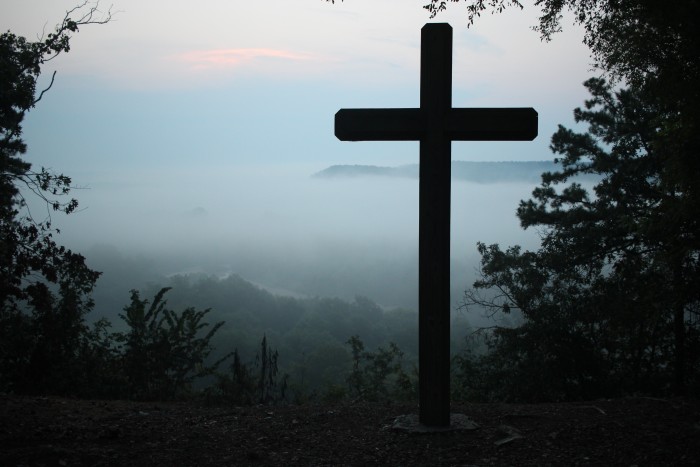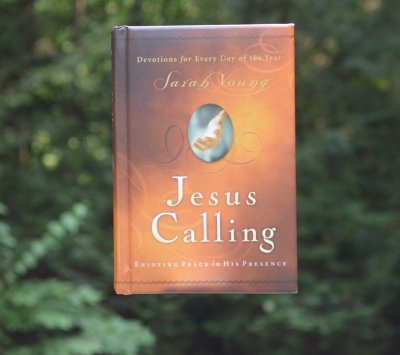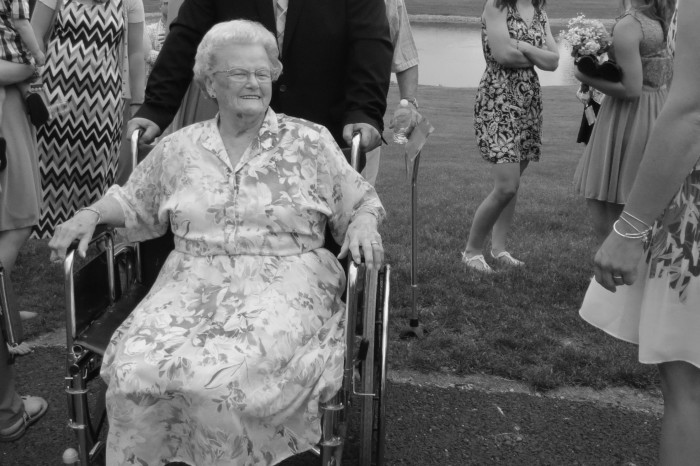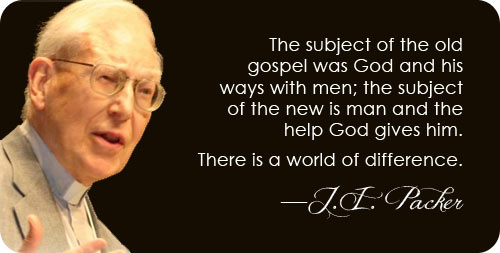Our Most Treacherous Enemy
There are few things that affect our love for God and our growth as a believer more than our love for self. For out of that many (if not all) sins are born. The world and even the church are telling us these days just how important it is that we love ourselves. We are told that we cannot experience success in any area of life unless we do.
And, yet, is this what the Bible teaches?
Of course not. In fact, if we are a true believer, we recognize that we are our own worst enemy, no matter what the world (and worldly preachers) tell us. But if we have been in the faith for awhile, we may begin to think that we are winning our battle against self-love. We compare ourselves to the world around us and, in comparison to that, we look pretty good. But therein is the issue, is it not? We are to compare ourselves to the Word of God, not to sinners around us.
If you prefer to continue believing that you are winning your battle against self, then I’d encourage you to stop reading now. The essay below, written by Richard Baxter, a puritan from the mid-1600s, will quench that thought in a heartbeat. I share it here to challenge and convict. To cause you to think and to grow. I was dismayed to realize just how very selfish I still am, but also encouraged to know that I am less selfish now than I was twenty years ago. And I guess that’s how life is, isn’t it? No perfection this side of glory, but slow and steady progress as we work our way there. I hope that you are challenged–but also encouraged–by this essay–
SELF-DENIAL
“If anyone would come after Me, he must deny himself and take up his cross daily and follow Me.” Luke 9:23
You hear ministers tell you of the odiousness and danger and sad effects of sin; but of all the sins that you ever heard of, there is scarce any more odious and dangerous than selfishness; and yet most are never troubled at it, nor sensible of its malignity. My principal request therefore to you is, that as ever you would prove Christians indeed, and be saved from sin and the damnation which follows it—take heed of this deadly sin of selfishness, and be sure you are possessed with true self-denial; and if you have, see that you use and live upon it.
And for your help herein, I shall tell you how your self-denial must be tried. I shall only tell you in a few words, how the least measure of true self-denial may be known: wherever the interest of carnal self is stronger and more predominant habitually than the interest of God, of Christ, of everlasting life, there is no true self-denial or saving grace; but where God’s interest is strongest, there self-denial is sincere. If you further ask me how this may be known, briefly thus:
1. What is it that you live for? What is that good which your mind is principally set to obtain? And what is that end which you principally design and endeavor to obtain, and which you set your heart on, and lay out your hopes upon? Is it the pleasing and glorifying of God, and the everlasting fruition of Him? Or is it the pleasing of your fleshly mind in the fruition of any inferior thing? Know this, and you may know whether self or God has the greatest interest in you. For that is your God which you love most, and please best, and would do most for.
2. Which do you most prize—the means of your salvation and of the glory of God, or the means of providing for self and flesh? Do you more prize Christ and holiness, which are the way to God—or riches, honor, and pleasures, which gratify the flesh? Know this, and you may know whether you have true self-denial.
3. If you are truly self-denying, you are ordinarily ruled by God, and His Word and Spirit, and not by the carnal self. Which is the rule and master of your lives? Whose word and will is it ordinarily that prevails? When God draws, and self draws—which do you follow in the tenor of your life? Know this, and you may know whether you have true self-denial.
4. If you have true self-denial, the drift of your lives is carried on in a successful opposition to your carnal self, so that you not only refuse to be ruled by it, and love it as your god—but you fight against it, and tread it down as your enemy. So that you go armed against self in the course of your lives, and are striving against self in every duty. And as others think—it then goes best with them, when self is highest and pleased best; so you will know that then it goes best with you—when self is lowest, and most effectually subdued.
5. If you have true self-denial, there is nothing in this world so dear to you, but on deliberation you would leave it for God. He who has anything which he loves so well that he cannot spare it for God, is a selfish and unsanctified wretch. And therefore God has still put men to it, in the trial of their sincerity, to part with that which was dearest to the flesh. Abraham must be tried by parting with his only son. And Christ makes it His standing rule, “Any of you who does not give up everything he has, cannot be my disciple” (Luke 14:33).
Yet it is true that flesh and blood may make much resistance in a gracious heart; and many a striving thought there may be, before with Abraham we part with a son, or before we can part with wealth or life; but yet on deliberation, self-denial will prevail. There is nothing so dear to a gracious soul, which he cannot spare at the will of God, and the hope of everlasting life. If with Peter we would flinch in a temptation—we should return with Peter in weeping bitterly, and give Christ those lives that in a temptation we denied Him.
6. In a word, true self-denial is procured by the knowledge and love of God, advancing Him in the soul—to debasing of self. The illuminated soul is so much taken with the glory and goodness of the Lord, that it carries him out of himself to God, and as it were estranges him from himself, that he may have communion with God. This makes him vile in his own eyes, and to abhor himself in dust and ashes. It is not a stoical resolution, but the love of God and the hopes of glory—which make him throw away the world, and look contemptuously on all below, so far as they are mere provision for flesh.
Search now, and try your hearts by these evidences, whether you are possessed of this necessary grace of self-denial. O make not light of the matter! For I must tell you that self is the most treacherous enemy, and the most insinuating deceiver in the world! It will be within you when you are not aware of it and will conquer you when you perceive not yourselves much troubled with it. Of all other vices, selfishness is both the hardest to find out and the hardest to cure. Be sure therefore in the first place, that you have self-denial; and then be sure you use it and live in the practice of it.
Published by gracegems.org. If you have enjoyed this (and others like it that I have shared on the Growing4Life Facebook page), then I encourage you to get on their e-mail list.









